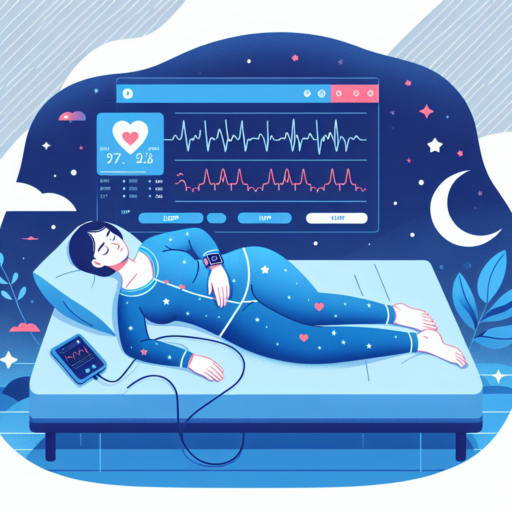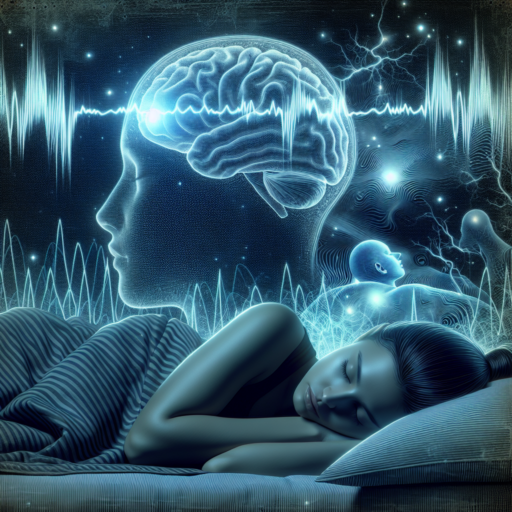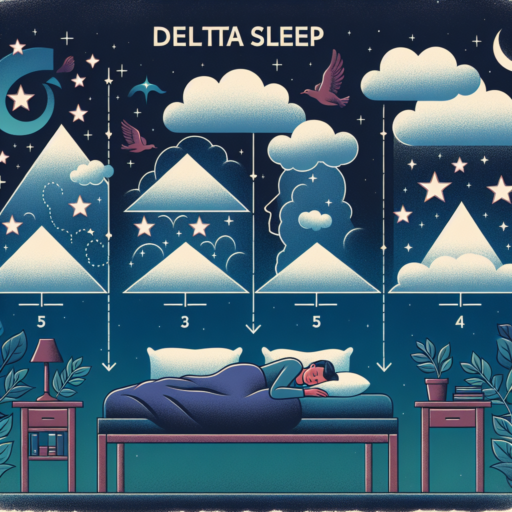What is a good HRV score for my age?
Understanding your Heart Rate Variability (HRV) score is crucial in assessing your overall heart health and autonomic nervous system balance. A «good» HRV score varies significantly across different ages, making it essential to know what benchmarks apply to your specific age group.
Age-Related HRV Trends
Generally, HRV tends to decrease as we age. Younger individuals often exhibit higher HRV scores due to a more resilient and responsive autonomic nervous system. For example, children and adolescents may present with significantly higher HRV scores compared to adults over 50 years of age. This natural decline is attributed to the physiological changes and reduced autonomic nervous system flexibility that come with aging.
In adults, a good HRV score might range from 20 to 100 milliseconds (ms) but looking at norms specific to your age group is vital. For a more detailed understanding, considering age-specific percentile charts or consulting with health professionals who specialize in heart health and fitness can provide a clearer picture.
It’s important to not just focus on a single HRV score but to observe trends over time. Consistent monitoring can help you understand your body’s response to stress, exercise, and rest, offering insights into your overall well-being and potential areas for improvement in maintaining heart health as you age.
No se han encontrado productos.
Why is my nightly HRV so low?
When concerned about a low nightly Heart Rate Variability (HRV), it’s vital to look at the factors that could be influencing it. Your HRV measures the variation in time between each heartbeat, a key indicator of your autonomic nervous system’s ability to adapt and handle stress. A lower HRV at night might signal that your body is under stress or not recovering properly.
Physical Stressors
Firstly, physical stressors such as intense exercise, especially close to bedtime, can significantly impact your HRV. Your body requires ample time to recover from the day’s activities, and strenuous physical exertion can prolong this process, leading to a decrease in nightly HRV.
Poor Sleep Quality
Poor sleep quality is another critical factor that can lead to a low HRV. The restorative stages of sleep are crucial for heart variability recovery. Disruptions in your sleep pattern, such as insomnia or frequent awakenings, can prevent your body from fully entering these recuperative stages, affecting your HRV negatively.
Understanding the reasons behind a low nightly HRV is crucial for taking steps towards improving it. By addressing these concerns, you can work towards enhancing your heart’s health and overall well-being.
Is 30ms a good heart rate variability?
Understanding heart rate variability (HRV) is crucial when it comes to assessing an individual’s cardiovascular health. A common question posed by many is whether a 30ms heart rate variability is considered good. To answer this, one must delve deeper into what HRV signifies and how it varies among different individuals.
HRV refers to the variation in the time interval between consecutive heartbeats, measured in milliseconds (ms). It is a direct manifestation of the autonomic nervous system’s (ANS) ability to regulate heart rate in response to stressors, whether they be physical, emotional, or environmental. In general, a higher HRV indicates better health, as it reflects a more adaptable and resilient ANS. Conversely, a lower HRV can be a sign of stress on the heart, potential health issues, or reduced fitness levels.
When considering the value of 30ms in the context of HRV, it’s important to recognize that this number by itself may not provide a complete picture. The assessment of whether 30ms is «good» can vary based on factors such as age, gender, and physical condition. Typically, HRV can range significantly, with values from 20ms to 200ms being reported among healthy individuals. Thus, a 30ms HRV could be seen as on the lower end of the spectrum, potentially indicating a need for further evaluation or lifestyle adjustments to improve one’s heart health and overall well-being.
What is too low of a heart rate while sleeping?
Understanding what constitutes a too low heart rate during sleep is essential for maintaining optimal health. Generally, a normal resting heart rate for adults ranges from 60 to 100 beats per minute (bpm). However, during sleep, it’s common for the heart rate to drop slightly lower as the body enters a state of deep relaxation and reduced metabolic demands.
When discussing too low of a heart rate while sleeping, medical professionals often refer to the condition as bradycardia. Bradycardia is defined as a resting heart rate below 60 bpm. While some athletes or individuals with high levels of physical fitness might naturally have a lower resting heart rate without any adverse effects, for the average person, a heart rate significantly lower than 60 bpm during sleep might necessitate medical evaluation.
It is vital to note that the threshold of «too low» can vary significantly from person to person. Factors such as age, fitness level, and underlying medical conditions can all influence what is considered a dangerously low heart rate during sleep. Therefore, if you observe consistent readings of a low heart rate that deviates significantly from your normal range, or if you experience symptoms such as dizziness, fatigue, or shortness of breath, seeking medical advice is crucial.




